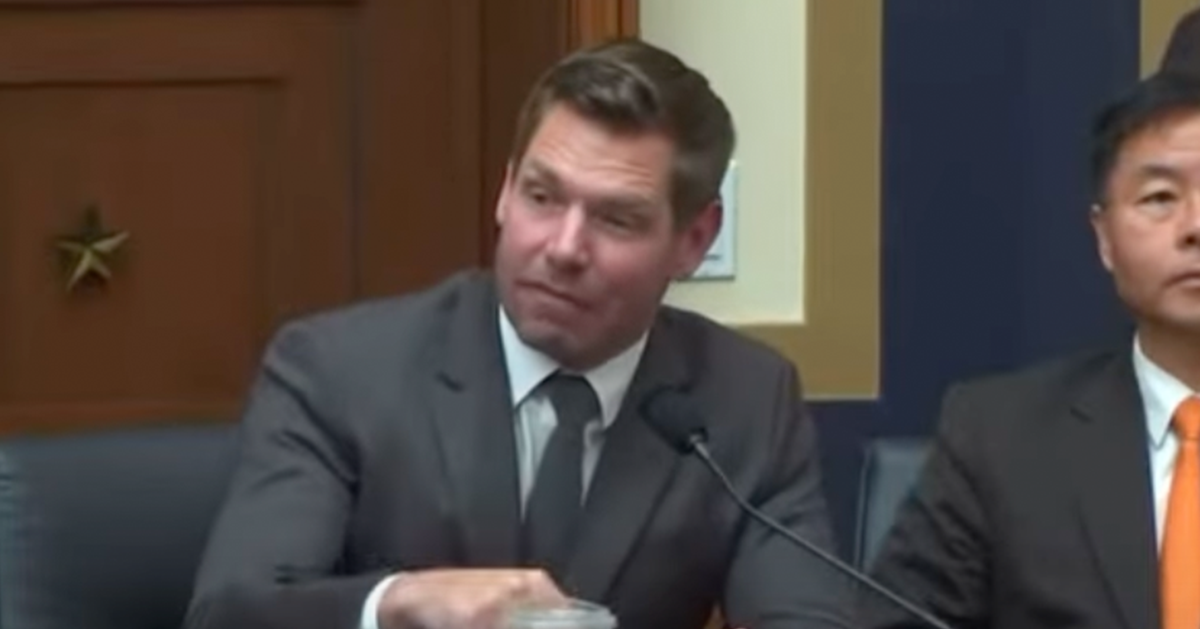Pentagon Seeks to Overturn 9/11 Plea Deals
The Department of Justice has requested that a court block the enforcement of plea deals reached with alleged conspirators of the September 11, 2001, attacks.
The Justice Department argued that Defense Secretary Lloyd Austin had the authority to cancel the agreements, which involved life sentences for key figures in the 9/11 plot, The Hill reported.
The request for intervention arrived at the D.C. Circuit Court of Appeals earlier this week, representing a significant move by the DOJ. This legal initiative aims to prevent the validation of plea agreements involving Khalid Shaikh Mohammad and two other accused co-conspirators, Walid Bin 'Attash and Mustafa al Hawsawi. In late July, these individuals had struck deals leading to life sentences.
Military Commission's Decision Challenges
In a surprising twist, Defense Secretary Lloyd Austin revoked these plea deals at the beginning of August. His unexpected decision was met with resistance, sparking a series of legal challenges within the military judicial system.
A military judge first determined that Austin lacked the necessary authority to nullify the settlements, setting the stage for further legal battles. Towards the end of December, a military appeals court reinforced this stance by ruling against Austin’s attempt to undo the plea deals.
The court's insistence on upholding the initial judge's decision represented a major roadblock for the Pentagon’s leadership. The DOJ’s representatives, Matthew Olsen and Brian Fletcher, outlined their arguments with a focus on the powers vested in the Secretary of Defense.
According to them, Austin possesses "clear and indisputable authority" related to choices surrounding pretrial agreements.
DOJ Lawyers Insist on Austin's Authority
They further contended that Austin holds the principal statutory and regulatory control over military commission procedures. Their legal filing pointedly challenged the claims that the plea deals had reached a point of no return, citing that the Defense Secretary validly retracted from the agreements before the accused had begun carrying out any terms of the arrangement.
Given the high-profile nature of these cases, the judicial tussle over the plea agreements is particularly notable. Khalid Shaikh Mohammad, often labeled the chief architect of the 9/11 attacks, and his associates, represent some of the most significant figures in these ongoing military commissions.
The Defense Department’s insistence on reversing the concessions made in July underscores its efforts to assert control over the legal processes related to national security. This step also suggests a broader attempt to preserve prosecutorial leverage in future discussions regarding the accused.
Austin's Authority Under Scrutiny
The DOJ's effort to safeguard Austin’s decisions reflects ongoing debates about the scope and boundaries of authority within the military judicial framework. This situation now hinges upon the D.C. Circuit Court of Appeals, which has been asked to intervene in the controversy.
Experts watching the proceedings note that the outcome could significantly impact future handling of similar military commissions. The resolution of whether top-level military leaders have the prerogative to intercede in plea negotiations remains central to this case.
Should the court lean in favor of the DOJ and Austin, it might establish a precedent affirming the Defense Secretary’s role in pretrial negotiations and adjustments. Conversely, an unfavorable ruling could restrict military leadership’s influence on such fundamental aspects of military justice.
Implications for Future Military Cases
The accused now await the results of this judicial review, leaving their plea deals in limbo. The D.C. Circuit Court's decision will likely reverberate beyond these specific cases and may reshape the landscape of military legal proceedings.
This ongoing struggle to balance legal protocols within the military commission process directly ties to broader efforts to achieve justice for one of America's most grievous tragedies. The 9/11 attacks profoundly impacted national and international policies, particularly in counterterrorism and legal reforms.
As this legal drama unfolds, many closely watch its potential effect on the decade-long pursuit of accountability for the horrific events of September 11, 2001. The central figures in this legal saga vividly highlight the ongoing quest for resolution and justice.
Seeking Clarity in Legal Jurisdictions
While the filing from the DOJ emphasizes the need for clarity about roles in military justice, it also highlights the intricate nature of intertwining civilian and military judicial authorities. Questions about jurisdiction, authority, and appropriate legal channels underpin the ongoing debates.
As legal experts and observers eagerly await the forthcoming deliberations by the D.C. Circuit Court, the future of these plea agreements remains uncertain. Indeed, the court's decision could mark a pivotal point in interpreting and executing military commission laws.
Moreover, the court’s forthcoming decision will have implications reaching far beyond the confines of this single legal battle. Specifically, it will contribute to the ongoing discourse on civil and military judicial processes and how they intersect, particularly in high-stakes scenarios involving national security.
In the meantime, the contested plea agreements remain under judicial oversight. Meanwhile, interested parties from legal, military, and governmental sectors brace for a ruling that could either reinforce or redefine existing military commission statutes and protocols.





